In Washington, homeless individuals now face three choices under President Donald Trump’s crime control orders: a homeless shelter, mental health or addiction treatment, or jail.
White House press secretary Karoline Leavitt outlined the plan during a Tuesday afternoon briefing while discussing the administration’s decision to federalize control of the Metropolitan Police Department and deploy the National Guard to address the “public safety emergency” in the District of Columbia.
“Homeless individuals will be given the option to leave their encampment and be taken to a homeless shelter, where they will be offered addiction or mental health services,” Leavitt said. “If they refuse, they could face fines or jail time.”
Cleaning up the capital was a campaign promise Trump made repeatedly—at least 20 times during the 2024 election season, according to a Tuesday morning White House press release. His first pledge to use federal law enforcement and the National Guard to restore order in Washington came in February 2023.
On Monday, Trump called removing homeless encampments an essential step toward making the city safer and more beautiful, though he avoided addressing the link between homelessness and mental illness.
While precise numbers are hard to determine, experts believe a large share of the homeless population suffers from chronic mental health issues. According to the Canadian website Homeless Hub, more than 40% of homeless individuals have a mental health disorder, and at least 25% struggle with both mental illness and addiction. The U.S. Health and Human Services website on mental health and homelessness was offline at the time of reporting.
Leavitt described the homelessness crisis as having “ravaged the city” and said improving safety means “removing mentally disturbed individuals and homeless encampments.”
“Homeless shelters, offered addiction and mental health services, or jail if they refuse, are the options on the table right now,” she reiterated.
She pointed to D.C. Criminal Code 22-1307 and Municipal Regulation 24-100 as giving the MPD authority to clear encampments, accusing the local government of “completely ignoring” these laws. However, neither law outlines a process for providing mental health or addiction treatment after police intervention.
When asked for details on how treatment would be offered, a Justice Department spokesperson directed questions to the MPD. The D.C. Deputy of Health and Human Services and the D.C. Department of Behavioral Health did not respond to requests for comment.
This article has been carefully fact-checked by our editorial team to ensure accuracy and eliminate any misleading information. We are committed to maintaining the highest standards of integrity in our content.

Katie is a senior who has been on staff for three years. Her favorite type of stories to write is reviews and features. Katie’s favorite ice cream flavor is strawberry.

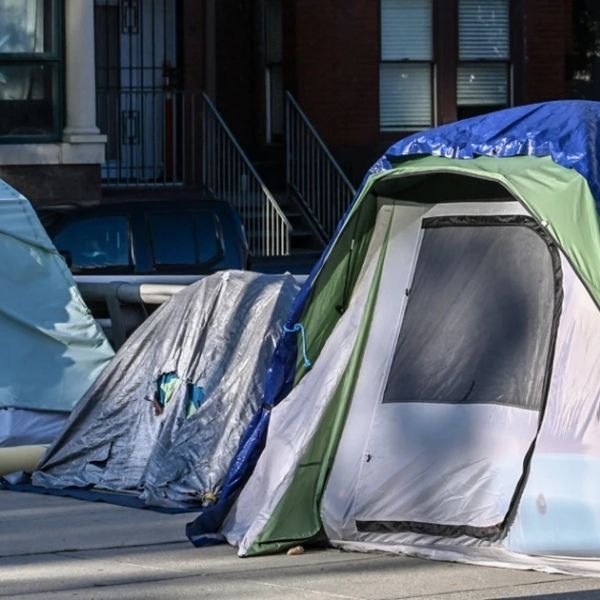
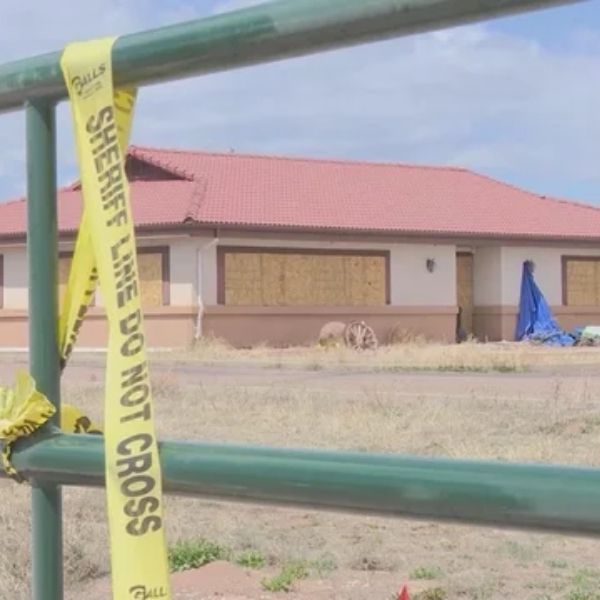
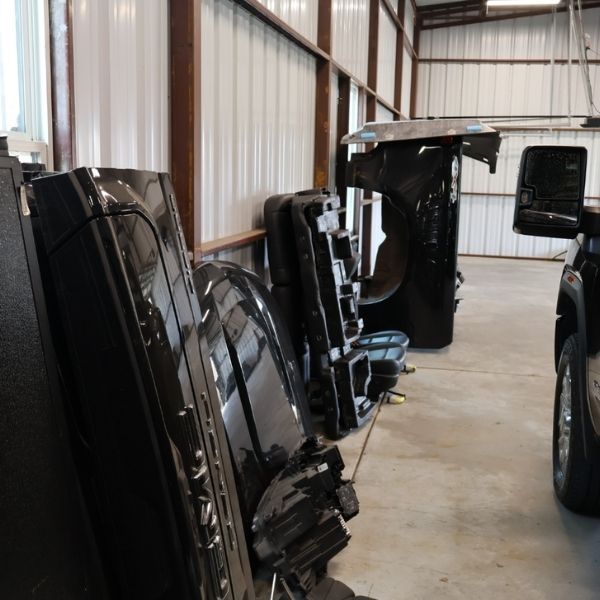
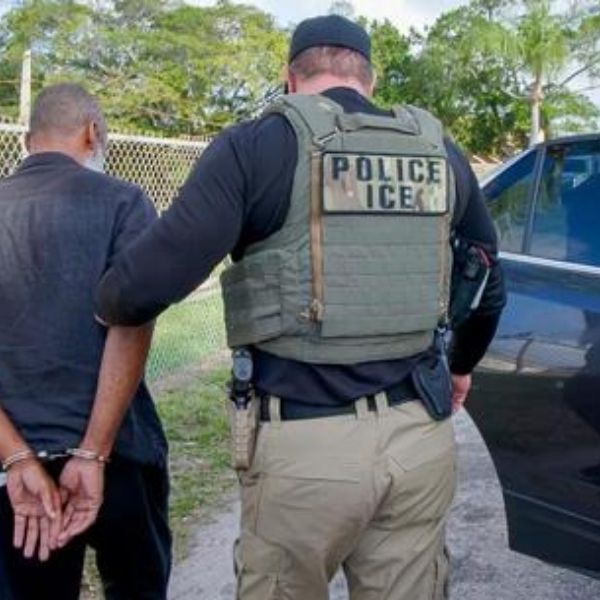
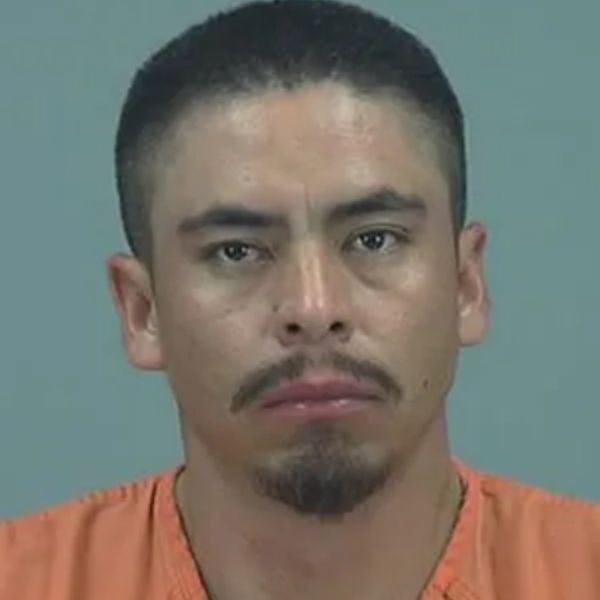
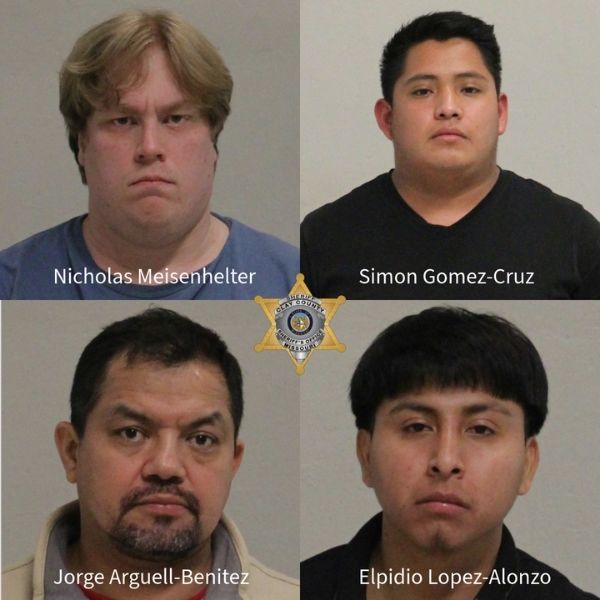
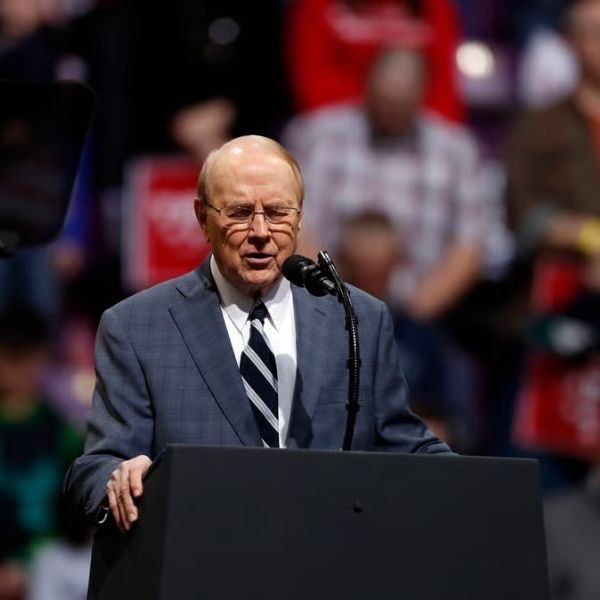
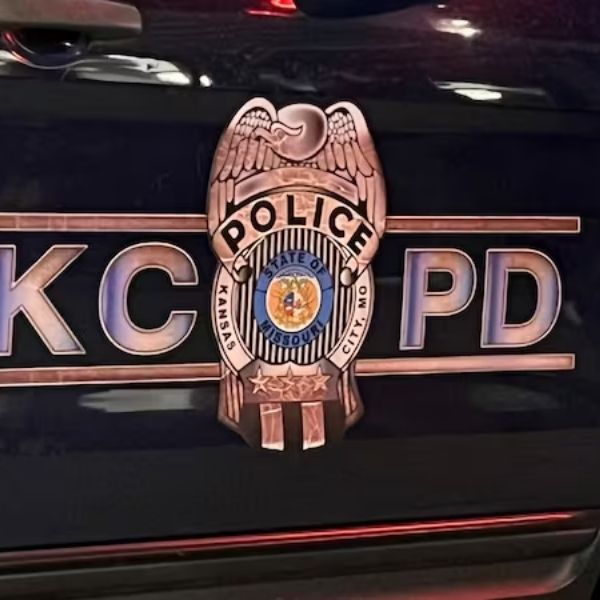
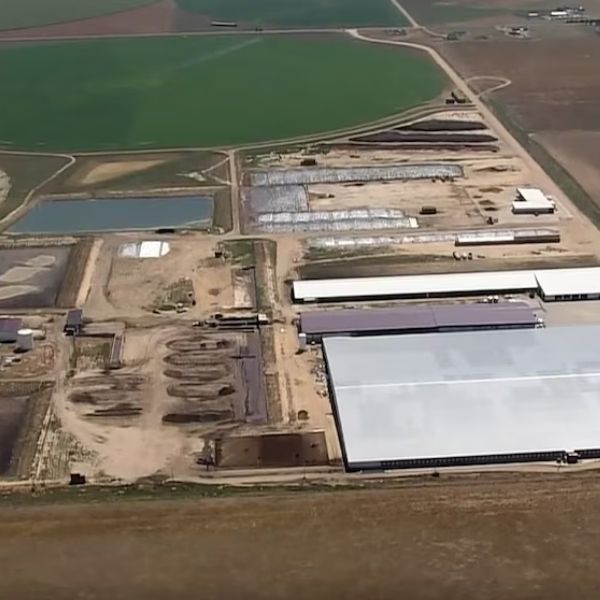
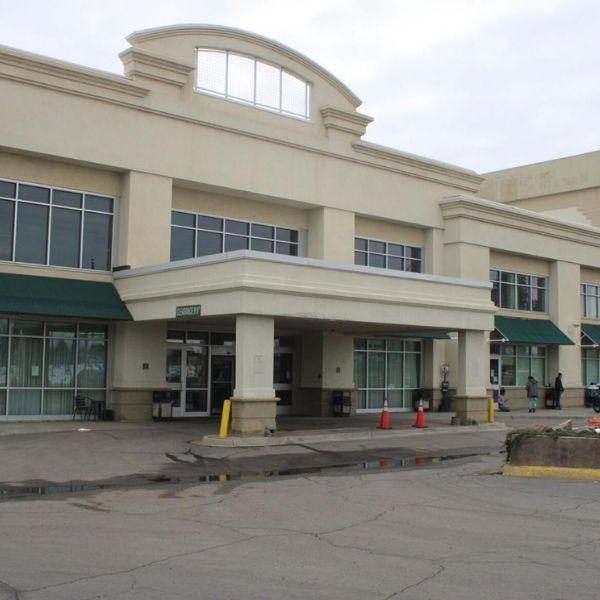
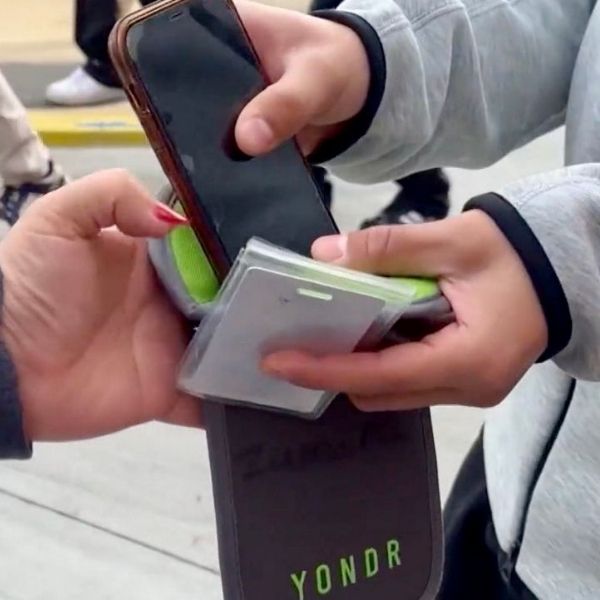



Leave a Reply